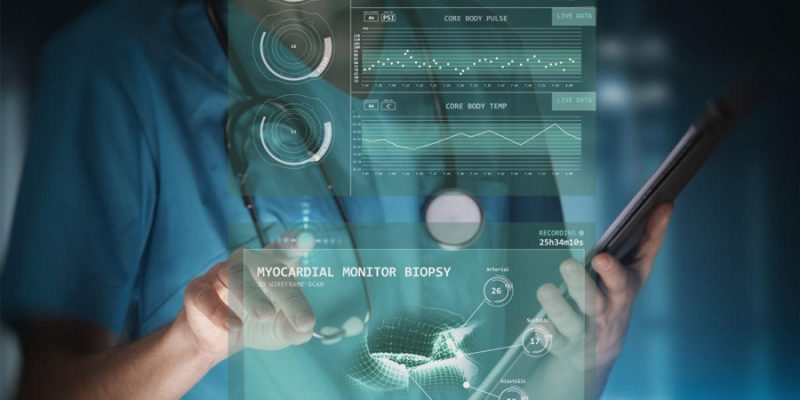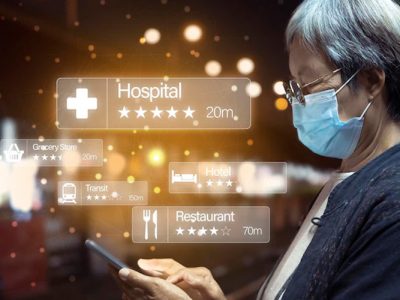
This article will discuss in detail how deploying technology in Healthcare is opening up innumerable career opportunities
The importance of technology in healthcare has expanded dramatically over the last two decades, and it is expected to continue to expand in lockstep with industrial-technological advancements. Our capacity to store, communicate, and analyze healthcare data is inextricably related to advancements in technology. It not only improves provider capacity and patient access, but it also improves some patients’ quality of life and saves money.
Even though medical culture is consistent to some extent, there have been significant technological advancements, which are difficult to explain. Is there anyone who understands how an infusion pump works? They were once clockwork (and before that, gravity fed), but now practically everything has a computer along with a colorful screen and lots of keys. Implanted defibrillators that use telephone networks and online sites to keep cardiologists up to date with their patients are nothing short of magic; new medications that alter emotions, blood pressure, or destroy microorganisms are all examples of modern magic or the blessing of technology. Given the centuries of stability, it’s surprising how much healthcare has evolved in the past 150 years – and one wonders just how all this fast-paced development will continue in the future. Infusion pumps, dialysis machines, antibiotics, heart valves, MRI scanners, Robots and Chatbots, and even hand washing stations are all new ideas. Here are some new career opportunities and avenues to consider in this field:
Human intervention in computer-assisted medical coding:
Medical diagnostic and treatment coding was always difficult. Therefore, Automation proves to be very useful when it comes to coding accuracy. One of the benefits of employing an advanced AI as an Automation platform is accuracy. This can also help by saving time and getting things done faster. These advantages can be evident throughout a number of sub-processes, resulting in cost savings.
Experts in IT and related products: Health IT opens up a slew of new research and development possibilities, allowing healthcare to become more focused and successful now than it ever was. More Health IT systems/products are now needed to meet the demand for patient-centric/value-based therapy.
Virtual nursing/telemedicine: Healthcare workers aren’t immune to the need for separation that a global health crisis necessitates. For excess of patients in understaffed localities, virtual nursing is particularly in demand. This assists on-site nurses by allowing them to monitor patients using high-definition technology while also allowing them to access patient-specific data such as medication labels, patient reports, and so on.
Data analysis: Information must be analyzed, stored, and managed on a daily basis in the industry. Analysts are in charge of evaluating data from numerous sources in order to improve the efficiency of correct functioning.
Professionals in cybersecurity: As the world becomes more reliant on technology, there is a greater need to protect sensitive data like patient information, medical records, and insurance information. Identity theft, compromised financial information, and lawsuits can all result from a system breach. As a result, the need for cybersecurity expertise has become urgent.
Innovation and discovery have long been the cornerstones of medicine. It’s difficult to picture medicine as we know it today without integrated technology, whether it’s AI algorithms that interpret X-Rays, cancer treatments guided by genome sequencing, large-scale data analytics, or nanotechnology. This is why this cooperation is so important.
By merging all medical data with the appropriate tools and methodologies, we can improve patient outcomes and reduce healthcare expenditures. The intersection of healthcare and data science is one of the hottest topics in healthcare research and logistics. Analysts, researchers, and data scientists in this industry can take advantage of the expanding need for jobs. Millions of clinics and healthcare facilities rely on big data to thrive and improve patient outcomes. Jobs in the burgeoning healthtech and pharmaceutical industries are in high demand, and this trend is unlikely to change any time soon.



















